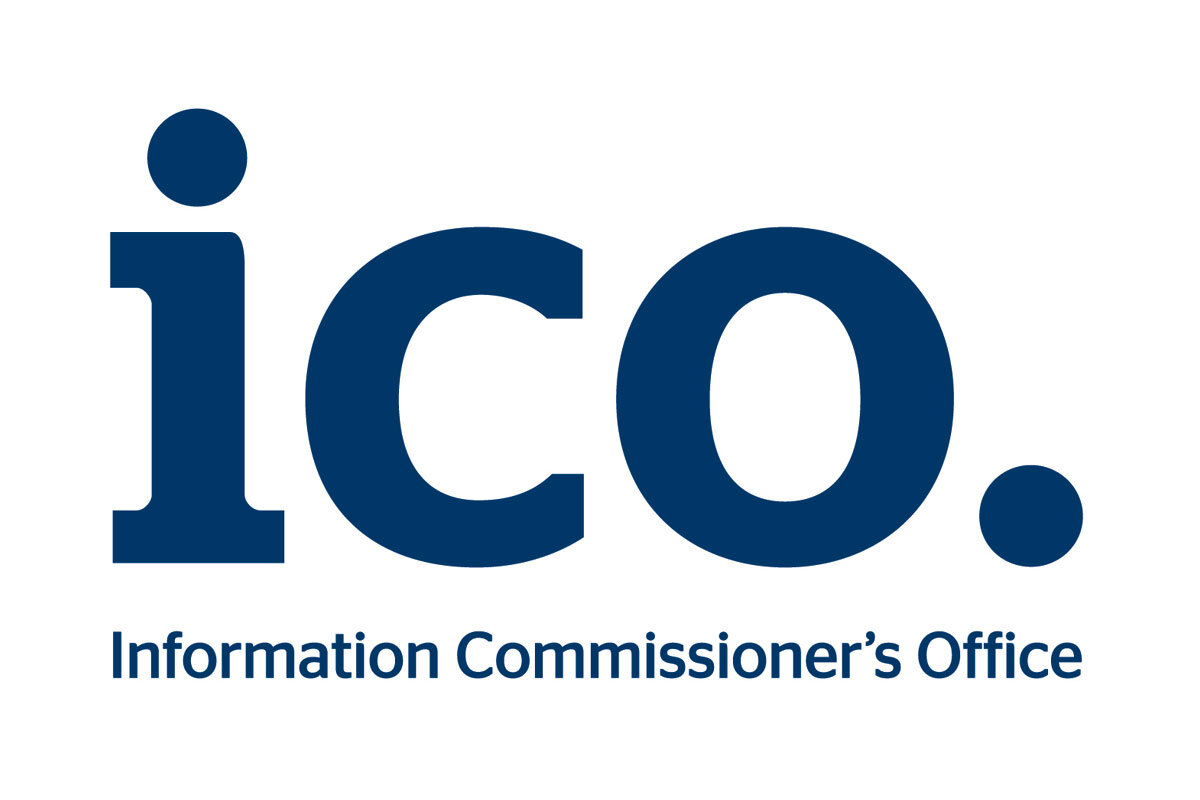safeguarding children policy
√ All parents are asked to read this document carefully prior to enrolment
√ The purpose of this is to keep each child safe while she or he is at our centre
INTRODUCTION
We aim to keep children safe by adopting the highest possible standards and taking all reasonable steps to protect children from harm.
Safeguarding is about more than child protection. Child Protection is specifically about protecting children and young people from suspected abuse and neglect. Safeguarding is much wider than child protection. It includes everything an organization can do to keep children and young people safe, including minimizing the risk of harm and accidents and taking action to tackle safety concerns.
The purpose of this Safeguarding Policy is to set a clear protocol of action and a framework for our responsibilities and legal duties in relation to each child’s welfare. The hope is to ensure a reliable and effective response in the event of any concern for a child’s welfare, and to support each child and each family.
We aim to put children’s needs first at all times. We hope to encourage children to be confident and assertive. We aim to develop a trusting and respectful relationship with the children in our care, so that they know they will be listened to and believed.
This Policy complies with all relevant legislation and other guidance or advice from the Local Safeguarding Children Board's website.
This Child Protection Policy adheres to the following concepts from the UN Convention on The Rights of the Child:
- Non-discrimination - All the rights apply to all children equally regardless of their race, sex, religion, language, disability, opinion or family background. (Article 2)
- Best interests of child - When adults or organisations make decisions which affect children, they must always think first about what is best for the child. (Article 3)
- The child's view - Children have the right to say what they think about anything which affects them. When courts or official organisations make decisions which affect children, they must listen to what children want and feel. (Article 12)
ACE Learning Centre recognises the responsibilities of all staff in the centre to safeguard children. All staff, including volunteers and students and service providers, have an active part protecting children from harm.
The aims of this policy are
- To support the child’s development in ways that will foster security, confidence and independence.
- To raise awareness of staff of the need to safeguard children and their responsibilities in identifying and reporting possible abuse.
- To provide systematic means of monitoring children known to be at risk of harm.
- To emphasise the need for good levels of communication between members of staff and between staff and parents.
- To ensure that all staff who have access to children are suitable to do so and have a valid satisfactory DBS check.
DEFINITIONS OF ABUSE
There are many different types of abuse. Children can be abused by an adult’s direct actions (e.g., beating a child) or because of an adult’s inactions (e.g., not feeding or bathing a child), and even by an adult’s indirect actions (e.g., domestic violence, addiction, etc).
Children can be abused by adults as well as by other young people or children.The authorities will be notified if any professional suspects that a child is either suffering or at risk of suffering significant harm.
Sometimes a single traumatic event constitutes ‘significant harm’ to a child; and, sometimes, a build-up of concerns or a series of incidents over time also gives rise to ‘significant harm’. The law recognises the following categories of abuse under the Children Act (1989):
| Physical | Sexual |
|---|---|
| · Where adults physciall hurt or injure a child by hitting, shaking, squeezing, burning, biting, etc · Giving children alcohol, inappropriate drugs or poison is also considered physical abuse |
· Where adults use children to meet their own sexual needs · This might be full intercourse, masturbation, oral sex, and intercourse of fondling · Showing children pornography and using sexualised language with children is also sexual abuse |
| Emotional | Neglect |
|---|---|
| · Where there is a persistent lack of love and affection that damages children emotionally · Being constantly shouted at, threatened or taunted can make a child very nervous or withdrawn · Seeing or hearing another person being harmed also constitutes emotional abuse, as in Domestic Violence and parental Substance Misuse |
· Where adults fail to meet a child's basic needs, for example for clothing or food · Children might also be left unsupervised and alone · Sometimes adults fail or refuse to give children their love and affection |
RESPONSIBILITIES
There are many areas of responsibility in terms of safeguarding children. ACE Learning staff and tutors carry a range of responsibilities illustrated under the following headings:
Training: As professionals, we ensure that our knowledge is up-to-date so that we can recognise indicators of abuse and respond appropriately.
Child Protection: If any professional becomes concerned that a child might be at risk of abuse, it is our legal duty to pass on our concerns to the appropriate authorities who can assess what action, if any, is in the best interest of the child. We will inform parent/guardian when we have done this, except in cases where this could put your child at greater risk.
Allegations: We have a legal duty to contact Ofsted if an allegation of abuse is made against any member of staff, or against anyone employed (whether paid or unpaid). We will inform the Local Authority Designated Officer (L.A.D.O.) when an allegation is made.
Good Communication: We aim to build a good relation with parents and tutors to ensure that we can provide a good continuity of care between the child's home and our care. We also endeavour to work with the family to protect their children.
Confidentiality: We maintain appropriate boundaries with regard to confidential information regarding your child. However, we cannot keep any information to ourselves if we believe that someone maybe at risk of harm - and may need to inform another authority.
Registration Requirements: We have made the setting safe for children, according to the requirement set out in by Ofsted.
Accident/Injury Book: If your child develops any health problem or suffer an injury during the time that s/he is at our centre, we will keep a record of the event and inform you about it upon collection of your child, or immediately by phone, in the event of an emergency. We will both log, sign and date the incident. In an emergency, we have a duty of care to act in loco parentis and will ensure that your child receives necessary emergency police, medical social or emotional care they require.
Police Check: All members of staff, tutors, including frequent visitors, have a recent and clean enhanced Disclosure and Barring Service (DBS) checks - this is required for any professionals who work with children.
Photography: Taking and displaying pictures of children involved in study tasks can be affirming and validating. We will seek your written permission prior to photographing or filming children in our care and will state the precise circumstances in which they will be photographed and filmed.
Intimate Care: We will agree the nature and frequency of the intimate care that your child receives in our care prior to your child remaining in our care. Examples of intimate care include going to the toilet. We always aim to encourage children to strive for greater independence.
SUPPORTING CHILDREN
We recognise that a child who is abused or witnesses violence may find it difficult to develop and maintain a sense of self worth. We recognise that a child in these circumstances may feel helpless and humiliated and may feel self blame.
We recognise that the setting may provide the only stability in the life of a child who is being abused or is at risk from harm.
We accept the behaviour of a child in these circumstances may range from that which is perceived to be normal and may be particularly aggressive or withdrawn.
The centre will support children and their families by:
- Encouraging self-esteem and self-assertiveness whilst not condoning aggression or bullying.
- Promoting a caring, safe and positive environment within the setting.
- Liaising and working together with all other support services and those agencies involved in the safeguarding of children.
- Providing continuing and planned support for a child about whom there are concerns.
PREVENTION
ACE Learning Centres recognises that all its settings play a part in the prevention of harm to children. We will foster an ethos of support in all settings by providing children with clear lines of communication that ensure they feel cared for, secure and listened to.
ACE Learning Centres will:
- Establish and maintain an ethos where children feel secure and are encouraged to talk and are always listened to.
- Ensure that all children develop a good relationship with their tutors.
- Maintain close partnerships with parents.
COMPLAINTS
Students who believe they have suffered any form of harm, neglect or abuse are entitled to raise the matter by contacting complaints@acelearning.org.uk. Every effort will be made to ensure that any person making a complaint will not be victimised. All complaints of safeguarding will be dealt with promptly and confidentially.
| Organisation | Contact details |
|---|---|
| Named senior member of Ace Learning staff | Jignesh Sanghvi |
| Ofsted | 0300 123 4234 enquiries@ofsted.gov.uk |
| Local Authority Designated Officer (L.A.D.O.) | Sima Hirani (Lead LADO) 020 8770 4776 lado@sutton.gov.uk |
| NSPCC | 24 Hour helpline 0808 800 5000 (For confidential advice) |
| Independent Safeguarding Authority | 0300 123 1111 www.isa-gov.org.uk |
| Sutton Local Safeguarding Children Board | Children's First Contact Service Sutton Civic Offices St Nicholas Way Sutton SM1 1EA 020 8770 6001/6072 Out of Hours (020 8770 5000) childrensfirstcontactservice@sutton.gov.uk |








